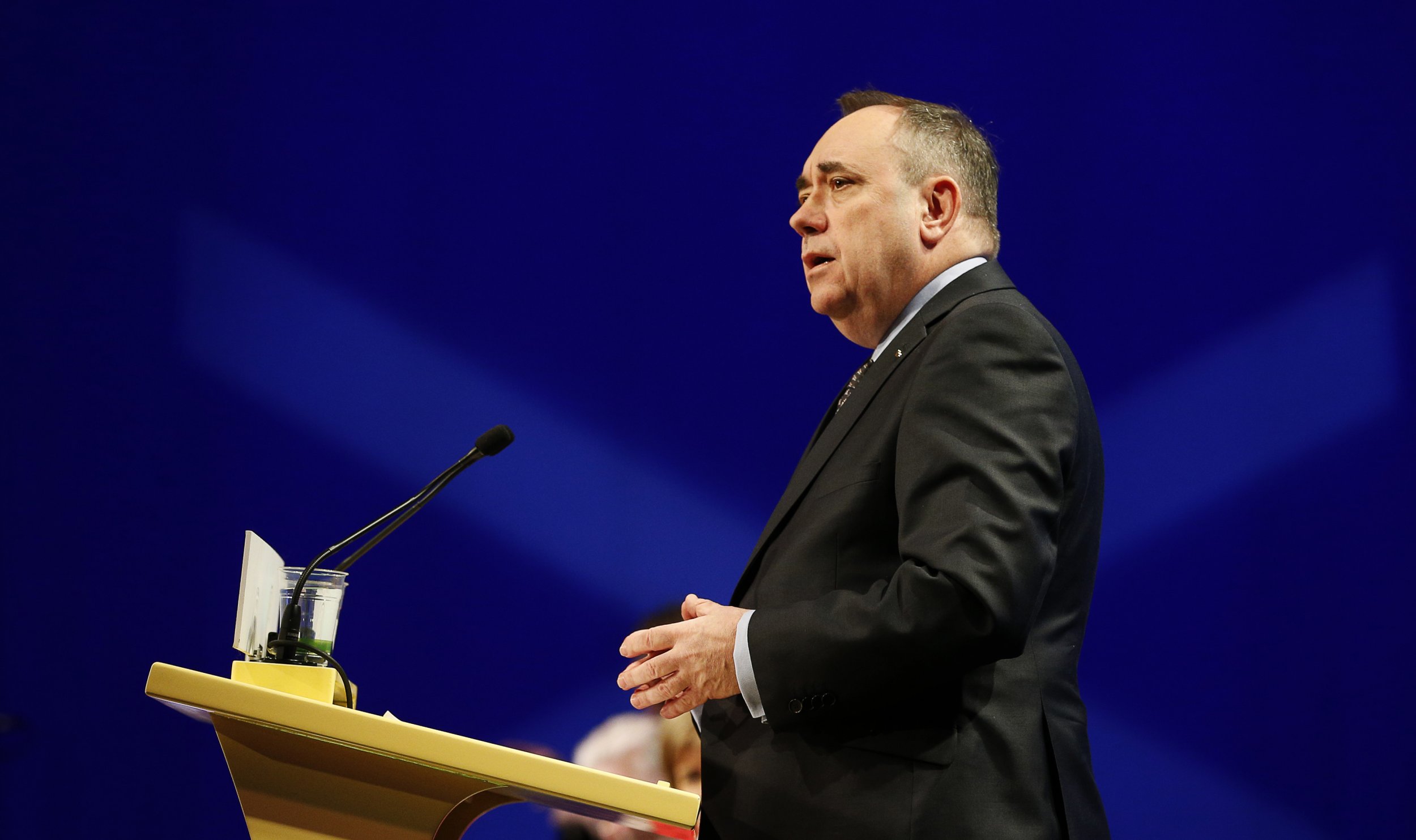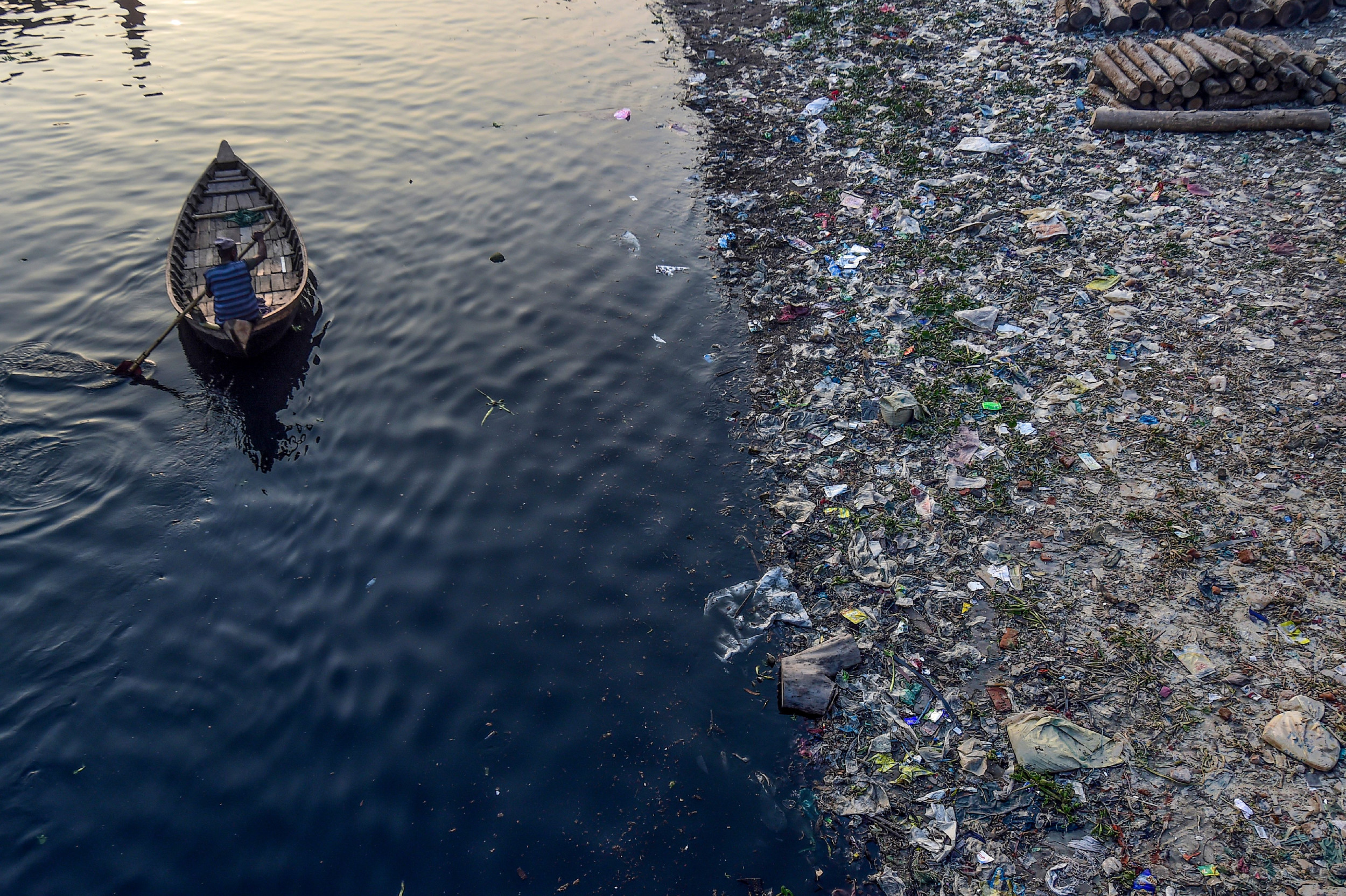
British Prime Minister David Cameron has blasted Scottish First Minister Alex Salmond's pro-independence campaign claims as a "pretty desperate argument" coming from "a desperate man, recognising the argument is going away from him".
The Prime Minister's reaction was prompted by Salmond's claims that only an independent Scotland would ensure it retained nationalised healthcare.
Alex Salmond's 'Yes' campaign has been trailing the campaign against Scottish independence consistently, counting in support at 38% for independence and 51% according to the latest instalment of a YouGov poll, published by The Times yesterday.
The poll, however, shows Yes campaign is gathering momentum, going up three points in the space of the last two weeks.
The first referendum debate, broadcast on Scottish television almost a fortnight ago indicated Salmond had failed to convince viewers the Yes campaign was a better choice than the Better Together campaign, led by Alastair Darling.
Salmond struggled particularly with answering questions on how an independent Scotland would retain national pensions and a common currency with the UK, after all leading parties in Westminster had said it was not a possibility.
However, Newsweek correspondent Miranda Green says it's not time to write off the Yes campaign quite yet: "The fact is we are four weeks from the day of the referendum and Salmond is absolutely brilliant at winning an election race from behind."
"David Cameron's comments implied complacency on behalf of the Yes campaign, when Salmond and the Scottish Nationalist Party (SNP) will feel anything but that."
"Everything that has happened in the run up so far will be overshadowed in the next four weeks," Green added.
Salmond's SNP swept to victory in 2011's parliamentary elections, winning 45% of the vote, despite polls projecting support for Salmond at almost half that figure two months before election day.
With a live TV debate to be broadcast on the BBC on 25 August and with Salmond's skill in galvanising electoral support late on, the referendum battle isn't over yet.
Angus Robertson, an SNP MP during the 2011 election, told the Financial Times the nationalists will be drawing inspiration from their triumph three years ago once more this September.
"What was learnt in 2011 was that the greatest impact on any voter will be made by fellow family members, friends and acquaintances - which is very far removed from the 'air war' being pursued by the No [Better Together] campaign," he said.
The SNP are renowned for their proficiency in galvanising support through social media and on-the-ground community organisation. Whether this strategy will make the difference in a month's time is "the great unknown" for analysts, Green says.
"Now is a dangerous time for the No campaign, because polls are narrowing," Green adds.
"What is noticeable from being in Scotland is that there is a noticeable desire to create a new kind of country, a social democratic country."
Green isn't alone in seeing an ideological split between the countries. Sir Tom Devine, historian and 'Yes' campaign supporter told the Observer: "It is the Scots who have succeeded most in preserving the British idea of fairness and compassion in terms of state support and intervention."
"Ironically, it is England, since the 1980s, which has embarked on a separate journey."
However, David Cameron argued yesterday devolution meant that Westminster could not privatise Scotland's National Health Service (NHS), even if it wanted to.
"The only person who could, if he wanted to, introduce more private provision into the NHS in Scotland, is Alex Salmond," Cameron said.
Polls by WhatScotlandThinks.org, a non-partisan polling organisation, show Scots fall increasingly on the side of policies implemented in social democracies such as Norway and Denmark. 60% of Scots agreeing with redistribution of wealth, 68% supporting stricter immigration and 90% supporting free national health care, as well as the same percentage supporting government care for the elderly.
The final televised debate between Salmond and Darling is to be broadcast by the BBC on 25 August.
"I wouldn't underestimate him," says Miranda Green. "Alex Salmond is a very, very good politician."
Uncommon Knowledge
Newsweek is committed to challenging conventional wisdom and finding connections in the search for common ground.
Newsweek is committed to challenging conventional wisdom and finding connections in the search for common ground.
About the writer
I am a Staff Writer for Newsweek's international desk. I report on current events in Russia, the former Soviet Union ... Read more
To read how Newsweek uses AI as a newsroom tool, Click here.








